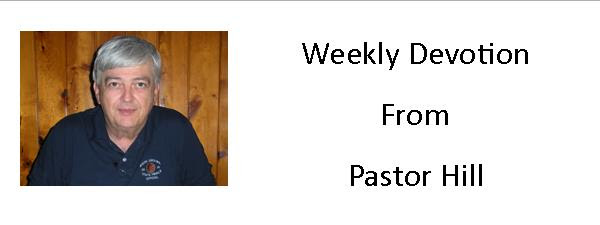A Joyful Noise
“Make a joyful noise unto the LORD, all the earth: make a loud noise, and rejoice, and sing praise.” Psalm 98.4
“A Psalm of praise. Make a joyful noise unto the LORD, all ye lands.” Psalm 100.1
“Make a joyful noise unto the LORD, all the earth: make a loud noise, and rejoice, and sing praise.” Psalm 98.4
“A Psalm of praise. Make a joyful noise unto the LORD, all ye lands.” Psalm 100.1
During the days in which I received formal education – especially in my college days – I had the opportunity to enjoy singing in some really fine choirs. Fortunately for all involved, the choirs were filled with talented singers and I was smart enough not to sing too loudly.
Believe it or not, I have had voice lessons. And, I have been told that anyone can develop their voice into a pleasing sound. We need to breathe properly, enunciate clearly, sing on top of the high notes and relax for the low ones. I have watched as some of the better sounding voices warmed up using practice methods that lasted nearly as long as their song and some of the naturals who walked on the stage without a single practice “do-re-mi.”
I took several courses in music including “Congregational Song Leading” and “Choral Conducting” while in college. Those were quite useful as they help me wave my arms in the right direction and usually at the right time. Having had four years of piano lessons, I can play a mean “chop-sticks” and generally nothing much beyond that. However, I can read music and I especially like the key of “C.”
I took several courses in music including “Congregational Song Leading” and “Choral Conducting” while in college. Those were quite useful as they help me wave my arms in the right direction and usually at the right time. Having had four years of piano lessons, I can play a mean “chop-sticks” and generally nothing much beyond that. However, I can read music and I especially like the key of “C.”
Those who have tried to teach me have all experienced some level of frustration as I croon, play individual notes on a piano and appear to be an insane flagman on an aircraft carrier when I lead congregational singing.
Practice as I may, I have come to realize that some ugly ducklings will always remain an ugly duckling. While each of my instructors believed anyone could have the perfect voice, I am reminded of a statement one of my high school English teachers drilled into our heads: “Practice doesn’t make perfect. It makes permanent.”
I am encouraged by a couple of things. First, as I was reading some of the writings of Don Reid (lead singer of the Statler Brothers), I noticed that his junior high choir director had suggested that he should be a listener rather than a singer – that he would never be any good. (My pastor’s wife had told me the same thing when I was a pre-teen.) Second, the Psalmist offers an imperative: “Make a joyful noise.”
The word which translates “Make a joyful noise” is “ruwa” meaning, “to shout, raise a sound, cry out, give a blast.” While there are times in our singing and worshiping when we should be very contemplative and reverent, there are also times when the clash of a cymbal should arouse our spirits. This Hebrew term is used of the shouts made by the Israelites as they encircled the walls of Jericho just prior to its fall. I’m fairly certain that those shouts did not ring out in perfect harmony, but they did show great excitement and praise toward God.
Practice as I may, I have come to realize that some ugly ducklings will always remain an ugly duckling. While each of my instructors believed anyone could have the perfect voice, I am reminded of a statement one of my high school English teachers drilled into our heads: “Practice doesn’t make perfect. It makes permanent.”
I am encouraged by a couple of things. First, as I was reading some of the writings of Don Reid (lead singer of the Statler Brothers), I noticed that his junior high choir director had suggested that he should be a listener rather than a singer – that he would never be any good. (My pastor’s wife had told me the same thing when I was a pre-teen.) Second, the Psalmist offers an imperative: “Make a joyful noise.”
The word which translates “Make a joyful noise” is “ruwa” meaning, “to shout, raise a sound, cry out, give a blast.” While there are times in our singing and worshiping when we should be very contemplative and reverent, there are also times when the clash of a cymbal should arouse our spirits. This Hebrew term is used of the shouts made by the Israelites as they encircled the walls of Jericho just prior to its fall. I’m fairly certain that those shouts did not ring out in perfect harmony, but they did show great excitement and praise toward God.
In Psalm 98.4, the Psalmist enjoins the joyful noise with “make a loud noise.” While the joyful noise suggests a forte rendition, the loud noise suggests singing. The excitement which causes the shouts continues in contemplative singing and praise unto God. It’s no wonder that the Psalms closes with: “Let every thing that hath breath praise the LORD. Praise ye the LORD.” (Psalm 150.6)
Copyright © 2025 Dr. John H. Hill, All rights reserved.
http://www.lulu.com/spotlight/
Tags: Devotionals
